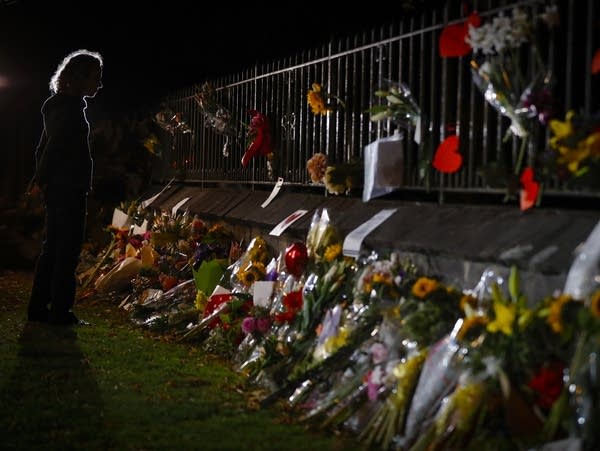How extremists exploit online communities

In the days after a gruesome attack on two New Zealand mosques, the spokesman for ISIS broke his months-long silence online. He released audio calling for retaliation after 50 people were killed during Friday prayers.
The man suspected of carrying out the attack also used online platforms to spread his ideology. He emailed a 74-page manifesto espousing white supremacy minutes before opening fire. He also live-streamed the massacre on Facebook, where it was viewed around 4,000 times before the company took the video down.
Brian Levin is the director of the Center for the Study of Hate and Extremism at California State University-San Bernardino, and he joined MPR News for a conversation about how extremism is propagated online and what can be done to stop it.
To listen to the full conversation you can use the audio player above.
Create a More Connected Minnesota
MPR News is your trusted resource for the news you need. With your support, MPR News brings accessible, courageous journalism and authentic conversation to everyone - free of paywalls and barriers. Your gift makes a difference.